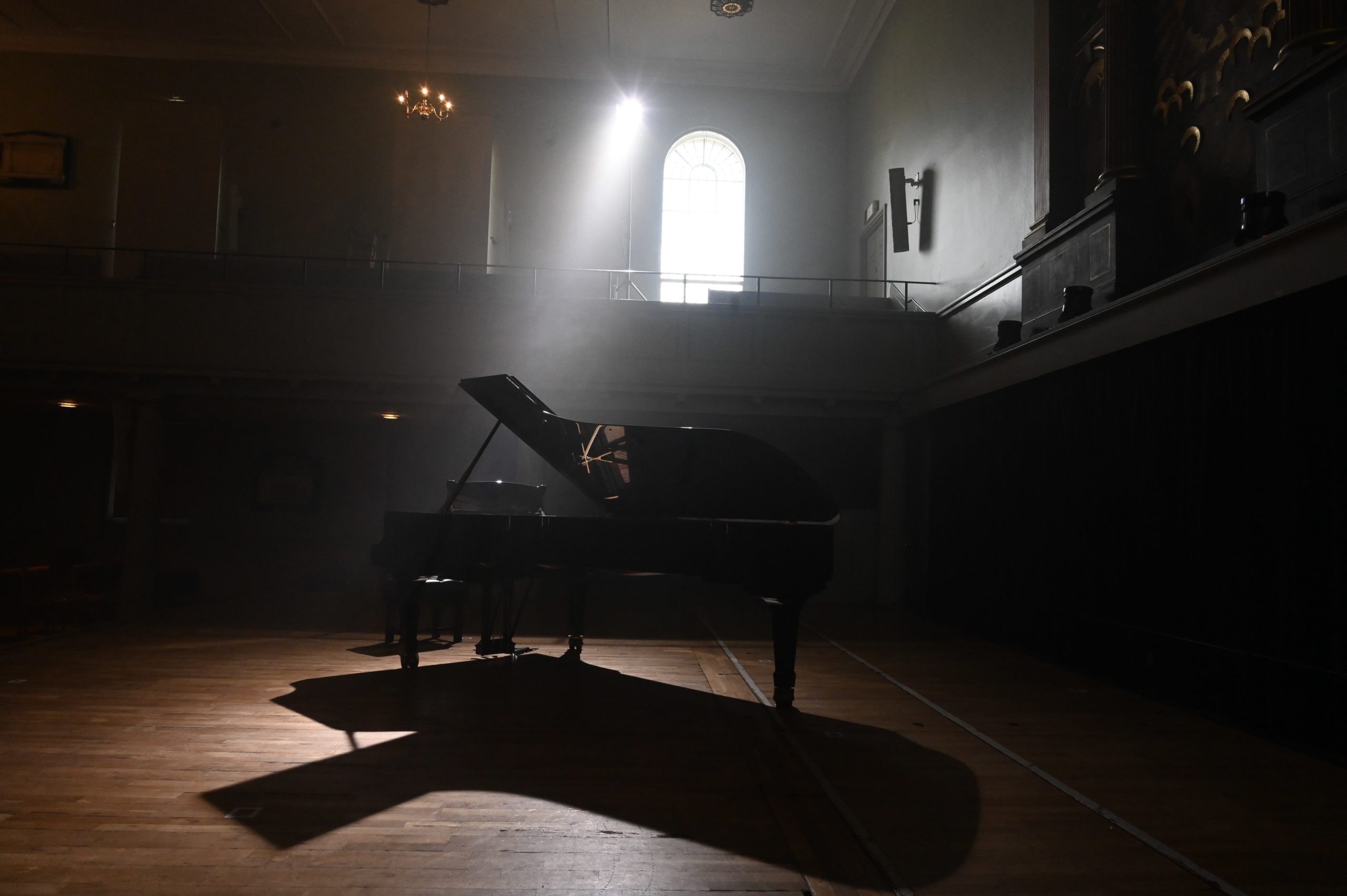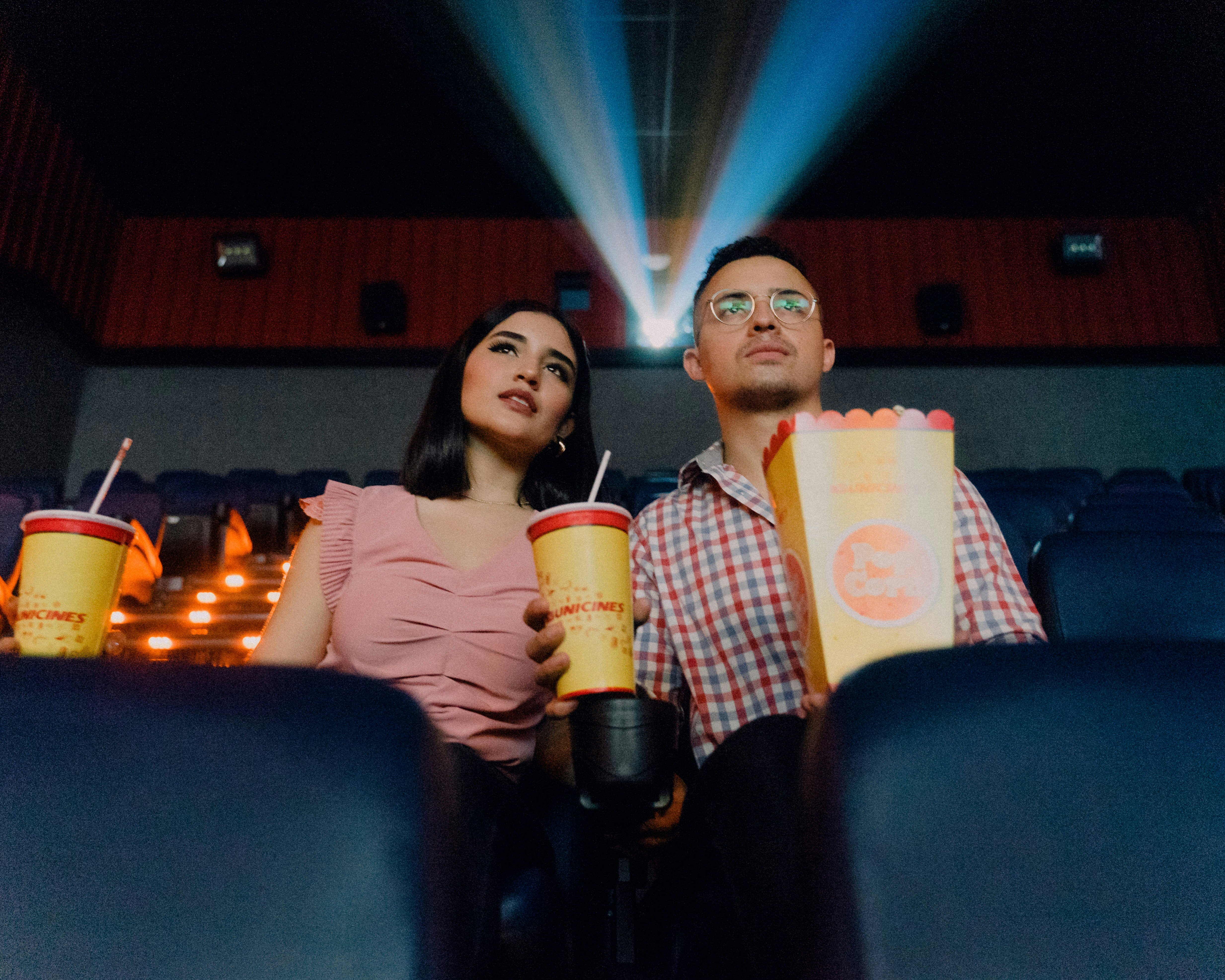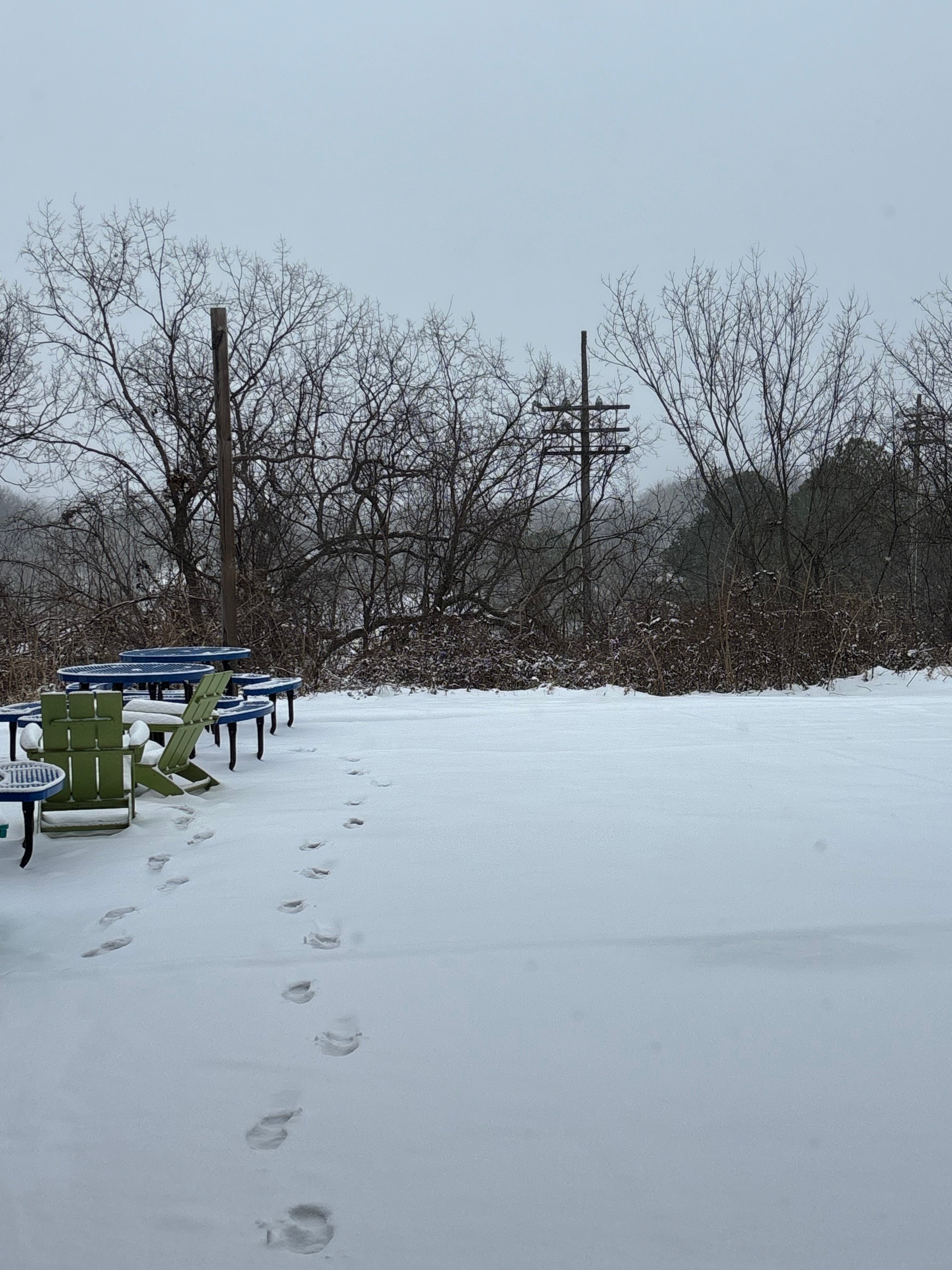![]()
They took away every piano they could. I was left with next to nothing. I was desperate and hurt. So, I resolved to look for a way to play inconspicuously and freely, even if it meant stealing away into the underbelly of the Cathedral after the Gathering.
The first piano they locked away from me was a secret piano, hidden in a rarely frequented hallway. Unlike her companions in the Cathedral, she required no expensive key to play — something I had experienced when I obtained and then subsequently lost my key to a piano room. She was left alone, without competition or conflict from the music of surrounding pianists. I loved to play her.
The other pianos prohibited from me were those in the Cathedral piano rooms during the night. If the university did this to preserve the health of those who had the right to play during the pandemic, I understand. I truly apologize for the times I had played those pianos despite this effort to preserve the health and lives of those during COVID-19’s reign of terror. I understand the dire consequences I imposed on others from my selfish actions. For that, I am deeply sorry.
I also understand that pianos are expensive and delicate machines that require maintenance.
Nevertheless, I have encountered consistent denial and negligence on the university’s part. COVID-19 continues to weaken, yet no access to the pianos has been extended to me. Not even my secret piano is available to me consistently. As a musician in need of self-expression as well as worship, I am desperately starved for an opportunity to play.
The article “Can You Be Too Passionate About Music? Why some performers’ attitudes may hurt them,” published by Psychology Today in 2011, recognizes both the need and the unhealthy desperation within me, stating that “A passion for music, and a passion for playing an instrument well, can be a source of great pleasure and well-being in life. But … as research seems to show, not all forms of passion will necessarily lead to excellence or to happiness.” Therefore, while my solution to address this need inside me was unethical and extremely disrespectful of others’ needs and policies, I have a deep desire to satisfy this psychological, spiritual and mental need in a physical manifestation.
I can attest to the dilapidated condition possessed by the piano in the Mayfield basement. Her only function that I can affirm is that the keys still function. I resort to this piano since I have found my previous attempts to play other pianos either unethical or kiboshed.
I have had no recourse to express myself in playing a piano that has proved satisfying. As a student in deep emotional pain and as a musician void of making live piano music, I feel deeply removed from releasing my emotions. Psychology Today’s article “Music and Pain Relief: Can Music Heal the Body, as well as the Soul?” also mentions such a help that I understand by experience, stating that “music may promote relaxation … Music that listeners find emotionally engaging seems to affect the brain’s opioid system, and opioids control both physical pain and the pain of social loss.” I almost always express my grief in song, and I have no way to press down that rising burst of grief via a solid set of keys and pedals.
In the article “Music and Wellbeing: A Sociological Perspective,” published by Hypotheses.org, author Nuné Nikoghosyan writes about music and health from the discussion with Marc Scialom and Denis Chappuis, both therapists. Nikoghosyan makes it clear that “we can thus further argue, following Tia DeNora’s writings (2007), that music is a ‘technology of self,’ or a technology that allows us to consciously regulate our mood, feelings, interactions, etc. It is a tool for the active construction of identity.”
In conclusion, I know it was wrong of me to elevate my health over others’; yet, I also know that the piano is something that I cannot bring myself to abstain from. Please, John Brown University, give me my secret piano back. At the very least, please repair Mayfield basement’s piano. Please, give me what I have not truly savored here with a clear conscience in a long time. My favorite form of bereavement, in its physical work and application, has been denied to me repeatedly. Whether or not COVID-19 has been the reason, I ask for a solution suitable for students such as myself who need a release from pent up anxieties and griefs. I share in the hope presented in “Music and Pain Relief” that “one day music therapy will be generally recognized as a simple, cost-effective, and low-risk way of promoting psychosomatic healing.”
Photo courtesy of Yanna Zissiadou at Unsplash





